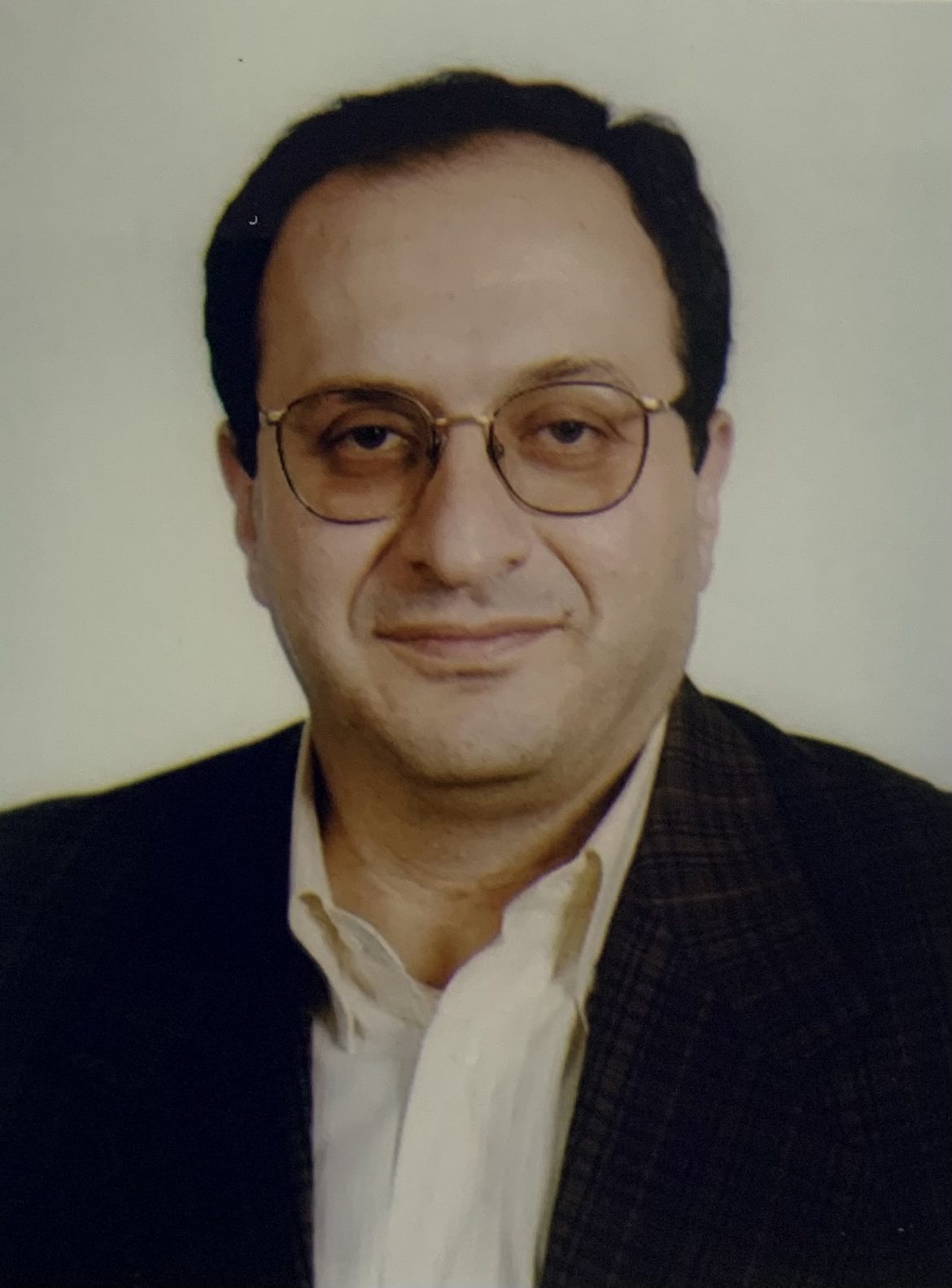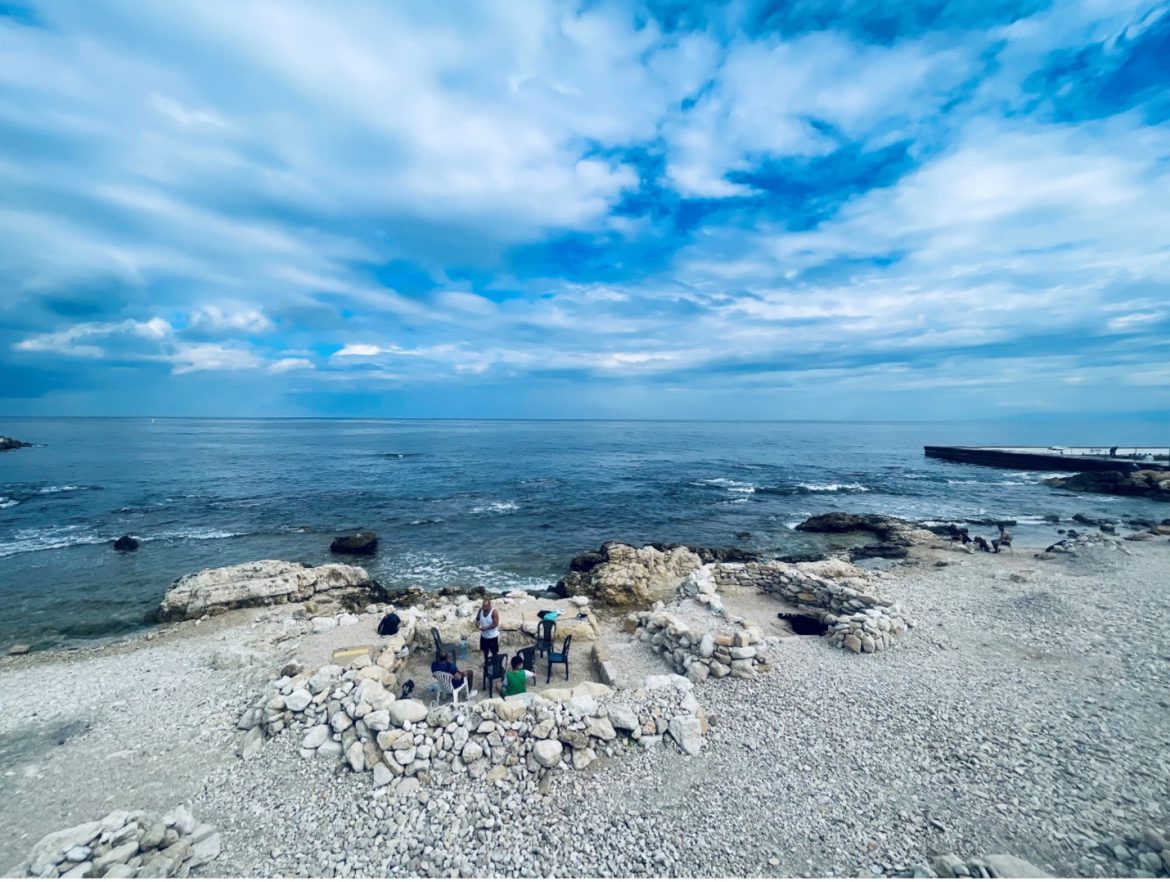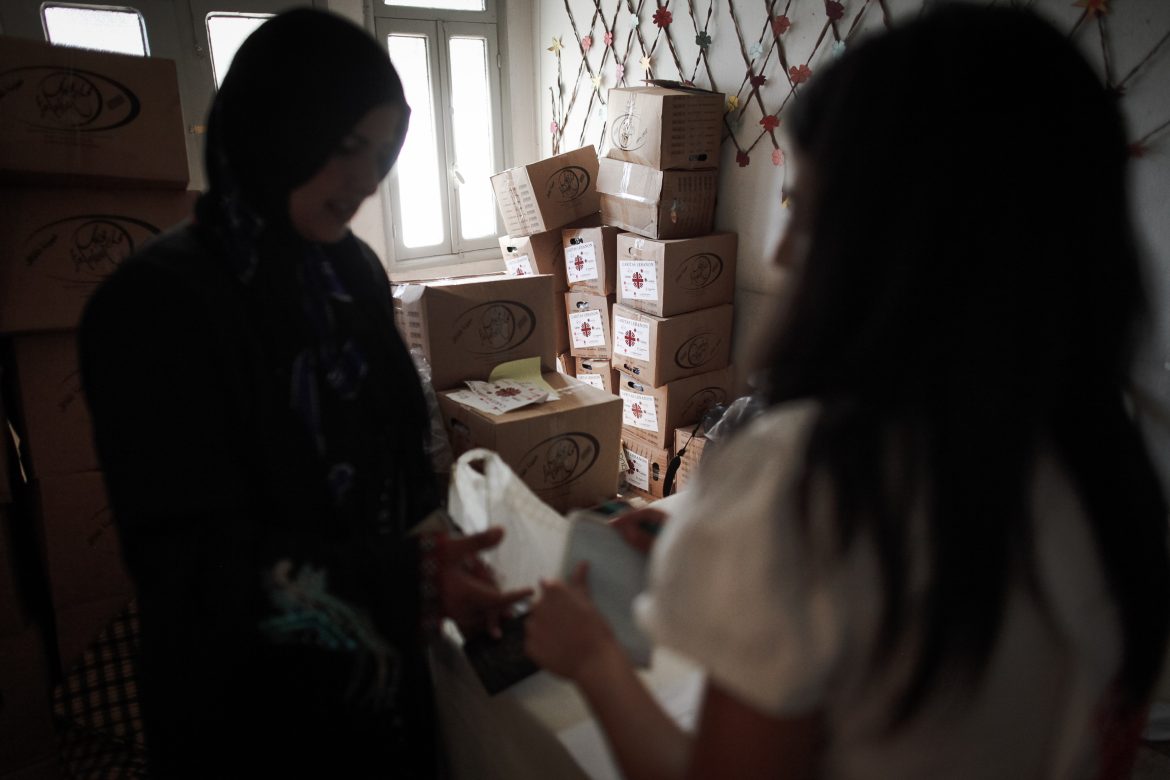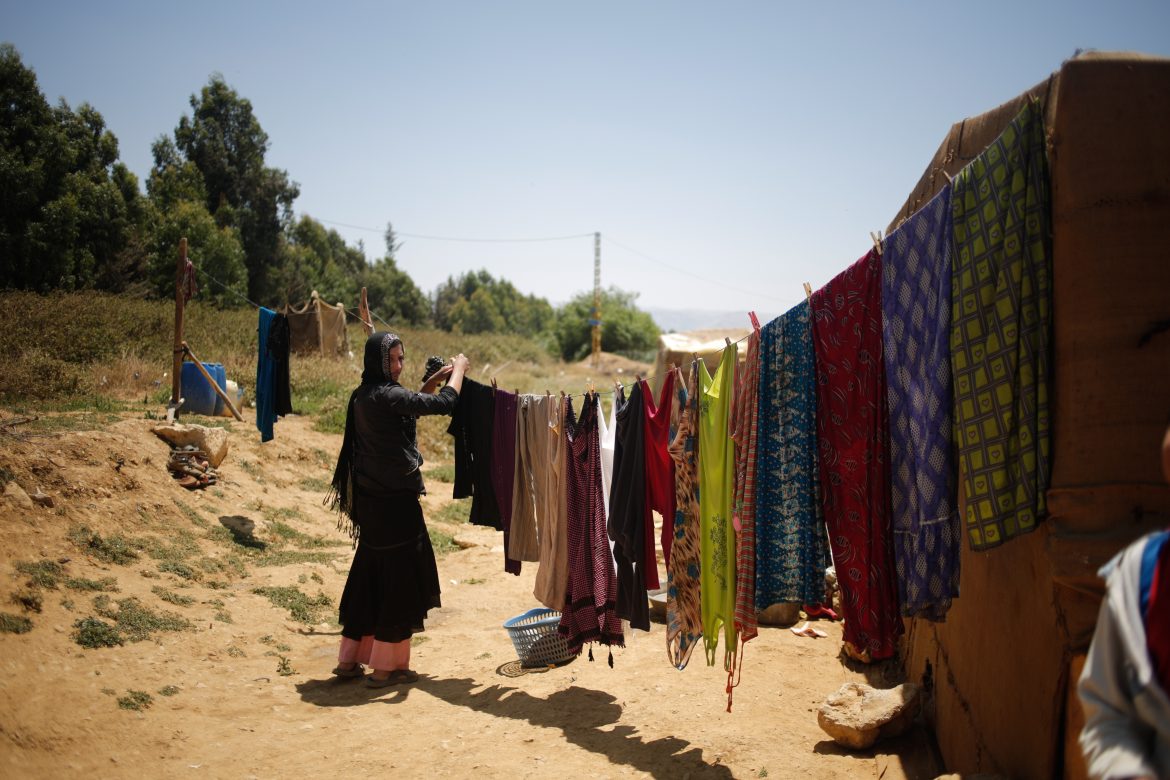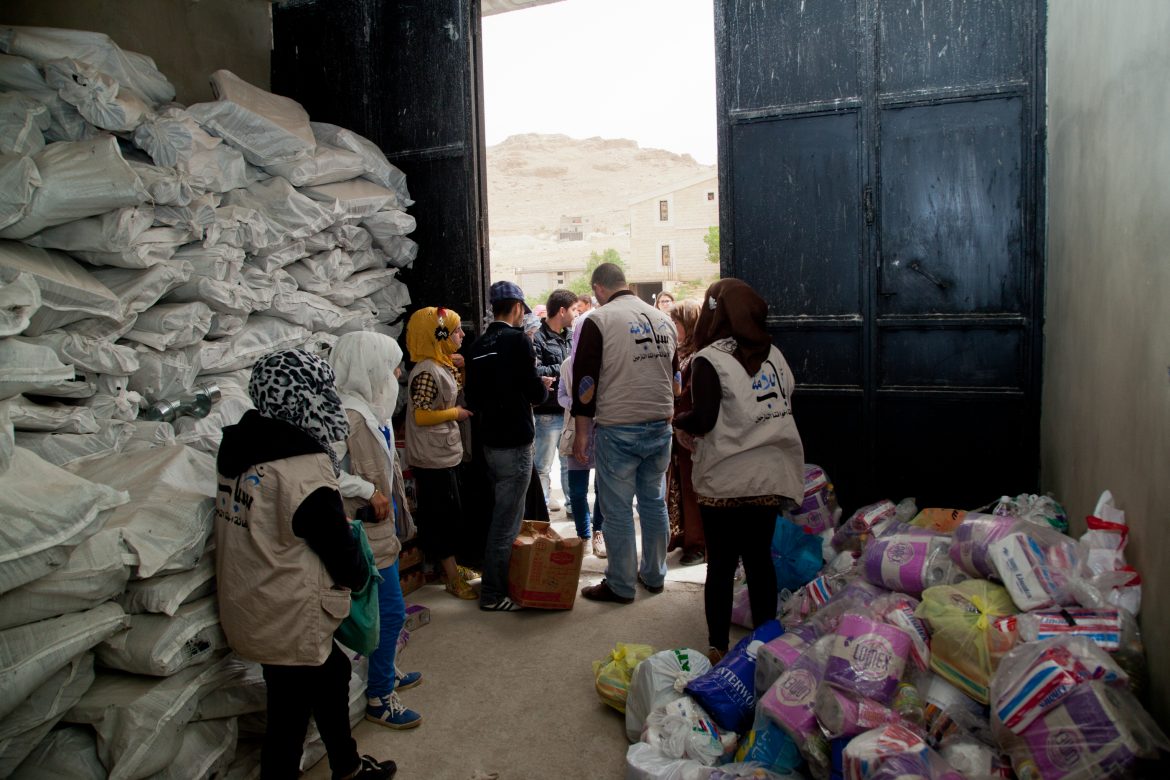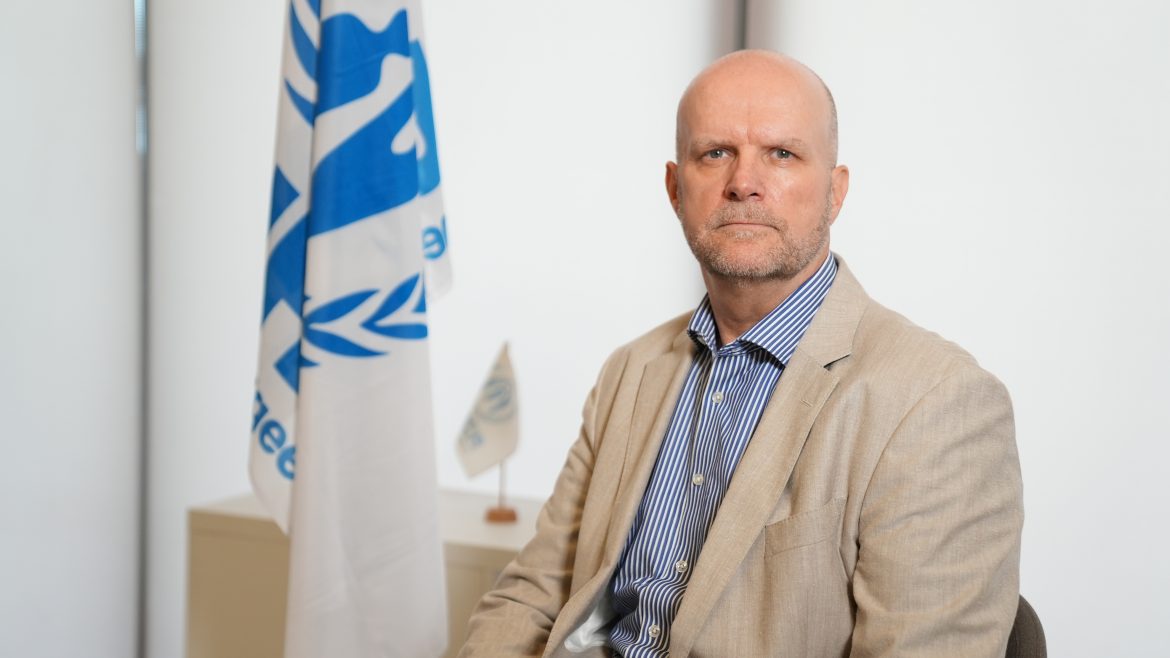In this interview with Atef Idriss, CEO of MENA Food Safety Associates (MEFOSA), the Executive Magazine addresses issues related to food security in Lebanon given the current ongoing war. Moreover, several topics are explored: shortages in supply, the effect on the supply chain, the quality of the produce, the price change in available produce, and the availability of products in general. As such, On October 9.2024, Mr Idriss gives some insights regarding this matter, tapping into some core issues in the agriculture and industrial sectors in Lebanon.
Executive: What can you tell us about the current struggles of producers, such as farmers, and suppliers in the food chain? How is Lebanon’s food security situation in the context of the ongoing war against the country and also the border conflicts of the year October 2023?
Idriss: Food security is a complicated issue because it needs to define not only availability but also quality and related issues about nutritious content. When you take the broader definition of food security, the extent of disruption [by the war and preceding conflict] hit not only the supply chain but also the value chain. The value chain is disrupted when you cannot feed an infant the right infant formula, or when you cannot provide the right fortified food to an elderly person.
But of course, we realize that [the problem of food security] has been growing. Ultimately, we have reached a stage where even availability is sometimes amiss. People are displaced. They can’t find what they want from the place they used to buy. But Lebanon has a free economy. Our imports have been sustained despite all the unrest. The infrastructure is availing. And the supply chains, even the industrial supply chains, have been maintained. And because of the economic conditions, many new companies, and new producers entered the market. And they’re keeping up with the right support and delivery.
Executive: Did you observe that the retail outlets had bottlenecks?
Idriss: Yes, We couldn’t find several of the items that were imported or even that were produced regularly. At one point, we couldn’t even find our bread. The retail outlet [in this building in Hamra] has doubled or tripled its daily sales because of the people that flocked to Ras Beirut.
Executive: Is this shortage only because the supermarket operators did not anticipate this high demand? So would they be able to supply enough for the demand at some point?
Idriss: Consumption changes at times of war. So sometimes you need to better ascertain your client needs and the ability to avail. That is not easily done. [For example] many people are consuming much more bread, staple foods, and canned foods because of the conditions [they have to live under]. The retailers are trying to better ascertain what is needed.
Executive: Will this shortage be covered by more imports or will the local supply be enough?
Idriss: Producers can supply [for the changing demand] but they require raw material, and also other things such as packaging. If the required [inputs] are available, the adjustments are usually taking place. But the supply chain acts with a delay. So it’s very good that supplies are coming in from donor countries. These support the requirements of the Lebanese people and supply rations that are integrated and well-needed.
Executive: Do you see the prices being affected?
Idriss: Some of the prices are indeed affected. The effect may be related to longer supply chains or more costly supply chains because of the war. [Other impacts arise] because [agro-food manufacturers] are not able to run efficiently because of shorter operating times and production cycles in the industry. Or longer delays in the port. The syndicate of importers has recently been engaging the Ministry of Economy and the Ministry of Finance to speed up testing so that more supplies are delivered in time.
Executive: From a producer or farmer’s point of view, will they be able to satisfy this demand or will we be relying heavily on imports?
Idriss: The agriculture in the country should be able to address market needs. But tremendous shortages are resulting from what you are witnessing in the south [of Lebanon] where the hostilities are cutting production out of the agricultural supply chain. On top of that, [the Israeli aggressors] are using different corrosive chemicals that are very bad for agriculture, for the land and even for the farmers and rural inhabitants.
Executive: If the war ends tomorrow, how long will it take the industry to recover from all aspects, price, quality, and security?
Idriss: The agricultural exporters are facing all kinds of problems even from the times before the war. Many of our markets have been lost because of different issues. The Gulf states have been demanding much more quality focus and better compliance with international standards. We opened markets such as Iraq but then roads have been bombed again. Our exports to the EU have been also challenged because of the inability of some of the labs to deliver on the specifics of sanitary and phytosanitary requirements and issues known as technical barriers to trade (TBT).
Such requirements need to be addressed, many involving [standards] and laboratory testing. We’ve claimed this on the Ministry of Agriculture repeatedly even before the current hostilities started. We just came yesterday from Tripoli and alhamdulillah at least the Chamber of Commerce of Tripoli laboratory is still operating. Several tests that have not been conducted in Beirut labs are being transferred to the lab in Tripoli and this facilitated many of the requirements.
Executive: From what you say, the systemic problems and structural problems of our agri-food value and supply chain are still the same but now the conflict element adds another dimension to that. Correct?
Idriss: Yes. The creation of the Kfarshima Lab was very important to help the producers, the agricultural producers better contain the testing and better address their testing. In our visit to Tripoli yesterday, the lab at the Chamber of Commerce has doubled and tripled its services.
They’re providing other new services for testing GMOs. They’re providing new services for testing pesticide residues. So there are advances at different levels, not only in certifying imports but also in developing a culture conducive to production and to meeting the demands of the market that are changing as a result of war or as a result of problems related to the port of Beirut [explosion of 2020 and the destruction of grain storage silos at the port]. There is a big facility in the Bekaa where they’re storing 50,000 tons of wheat.
Executive: So they are now stored in the Bekaa? And this will still happen even if the war continues?
Idriss: Taking possession of the grains from the farmers on time is very important. Storing it in dry, good places is also important.
But if the war will affect the storage capacity or the storage security, the different current partners [involved in grain storage in the Bekaa] are not addressing strategic stocks. [However],there are several ways to store the pulses or the wheat with the farmers themselves. And there are different ways where you can make land silos at the farm level. But the important thing is to take possession of the wheat and to get the farmer paid.
Executive: We are in the middle of October. So far, we are facing food security challenges, but the Lebanese are adjusting. But what if the war continues?
Idriss: If the war lingers on another two months or four months, disruptions will not only continue. Disruptions will exacerbate because it’s not only the availability of raw materials or ingredients but also the availability of packaging material.
If the ports are open, then you could supply imported products. But if the ports close, the supply chain is not conducive anymore.
Executive: Are there any ongoing initiatives by MEFOSA regarding any of the issues that you mentioned?
Idriss: Yes. We have several initiatives particularly due to the conditions, currently, we’re supporting all the displaced people and better addressing the hygiene of the food supply chain and particularly of the makeshift catering facilities. Some of the people who are servicing there need support, need a better understanding of what it takes and how it takes to cook daily meals. There are problems with hygiene in the shelters. So we’re supporting these localities with our technologies and our team is going down helping them ascertain the hygiene of the water and the quality of the water.

